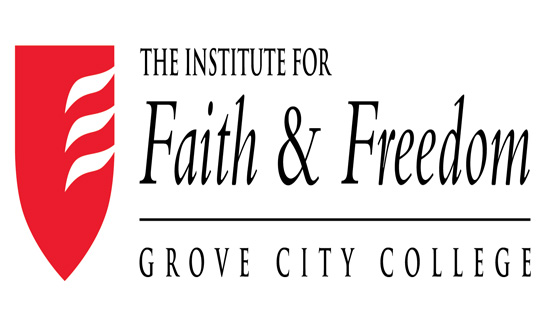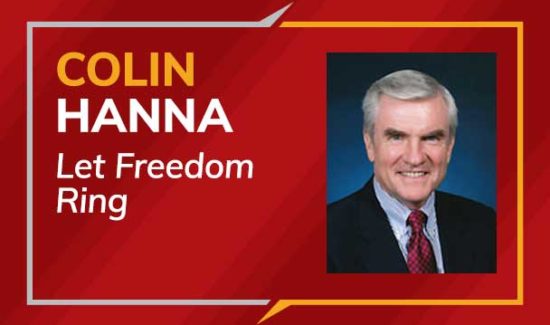Iowa’s GOP Family Feud
On one side you have a popular Republican governor, Terry Branstad. He is pushing a more inclusive brand of GOP politics by encouraging folks not usually associated with activism to get interested in caucuses — very conservative gatherings, traditionally — so more voices are heard by the state party.
On the other side you have Iowa state party chairman A.J. Spiker, a former Ron Paul aide who is more inclined to engage in partisanship than to act as a structural organizer and fundraiser. He is running an ideological coalition that ushered in an unprecedented level of intraparty policy engagement that is often antagonistic to Iowa’s elected Republicans.
Geoffrey Skelley, an analyst for the Crystal Ball project at the University of Virginia’s Center for Politics, said the party discord is serious and is not helped by Spiker’s opposition to and bad-mouthing of Republicans who don’t share his libertarianism.
All of this drama is unfolding as Iowa prepares to take center stage in national politics in the 2014 midterms, with two open and competitive U.S. House seats, one open U.S. Senate seat and Branstad’s run for an unprecedented sixth term.
Skelley doesn’t see any of this as affecting the race for governor. "Branstad is a heavy favorite to win," he said, despite a "moderate-conservative brand that has irritated some on the right."
In the Senate race, opened by the retirement of longtime progressive Democrat Tom Harkin, Skelley said the Democrats’ and Republicans’ nomination battles are polar opposites.
"Rep. Bruce Braley is unopposed and should be a fairly solid candidate for Democrats," he explained. "Meanwhile, some top-tier names, such as retiring Rep. Tom Latham and Lt. Gov. Kim Reynolds, passed on running for the Republican nomination," which created a "cast of B- and C-list candidates throwing their hats in the ring."
This is where party disunity may hinder Republicans’ chance of picking up a Senate seat, despite a national political climate that is unfavorable to Democrats.
With at least six candidates already in the GOP primary contest, chances are good that the winner may receive less than 35 percent of the vote. If that happens, election rules in the Hawkeye State dictate that the nominee be determined at a convention.
Recent history in states such as Virginia shows us that the convention method can lead to the nomination of strident conservatives who lack strong general-election appeal.
Given Braley’s easy path to the nomination and his ability to fundraise with an eye on the general election, versus the muddled picture on the GOP side, the University of Virginia’s Crystal Ball rates this race as leaning Democrat, Skelley said. But "if the national environment remains unfavorable for Democrats, it would be foolish to discount Republican chances in states such as Iowa, Colorado and Michigan," he added.
With Braley running for the Senate and Latham retiring, two of Iowa’s four House seats are open this election year. Both contests should be relatively competitive.
Latham’s district is one of 17 Republican-held House seats nationally that President Obama won in 2012. Skelley said things are still very fluid on both sides and each party’s field of contenders may expand; he rates this seat as a toss-up.
Braley’s seat is the most Democrat-leaning district in Iowa, having gone 56-43 for Obama in 2012. As a result, it is rated likely to go Democrat in the fall.
The state’s two other congressional seats — those of Dave Loebsack, a Democrat, and Steve King, a Republican — are considered safe for their respective incumbents.
Republicans’ family feud in Iowa does have its immediate problems, not the least of which is to make fundraising more difficult. But it also has a silver lining.
Branstad’s push to get more folks engaged in the caucus process caused precinct captains to report record turnouts for a midterm year. And the last time a political party had this much division in the first-in-the-nation caucus state was heading into the presidential election year of 2008, when Democrats John Edwards, Barack Obama and Hillary Clinton divided evangelical, progressive and establishment Democrats.
That turned out to be a pretty good year for Democrats in the general election.
Salena Zito
PITTSBURGH TRIBUNE-REVIEW
412-965-9094
@SalenaZitoTrib
@OffRoadPolitics
D.L. CLARK BUILDING 503 MARTINDALE ST. 3RD FLOOR | PITTSBURGH, PA. 15212





